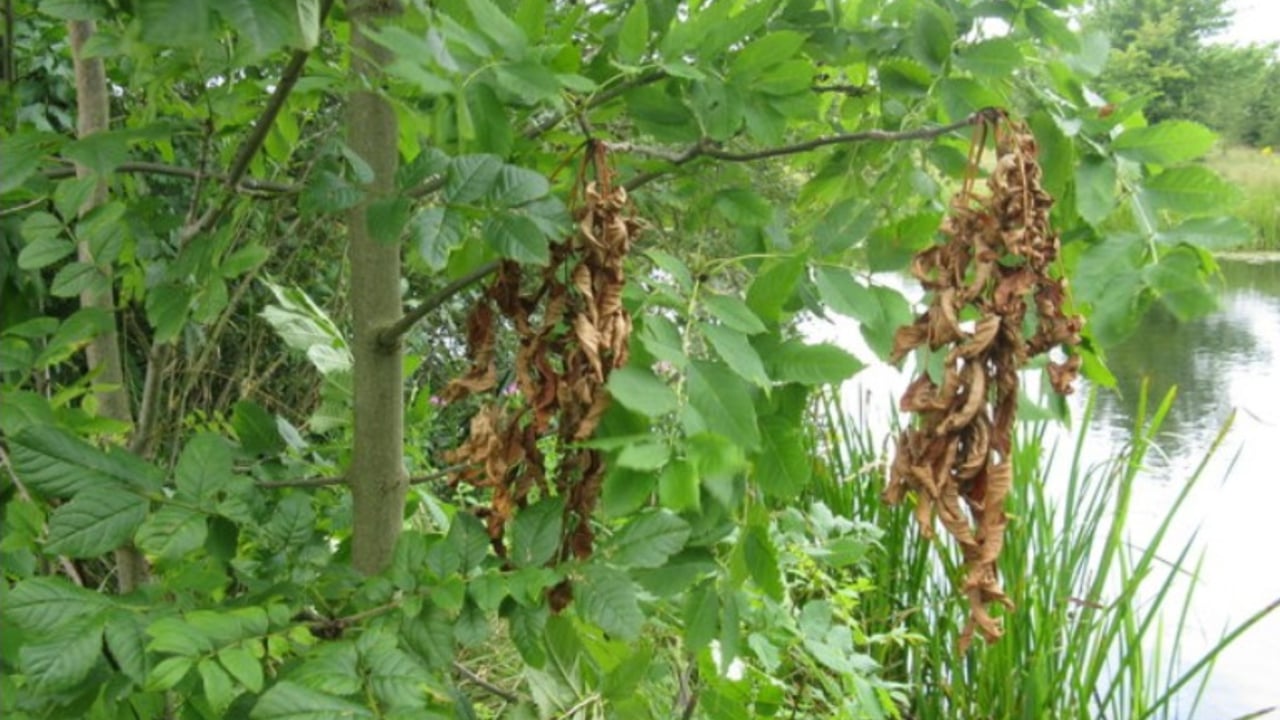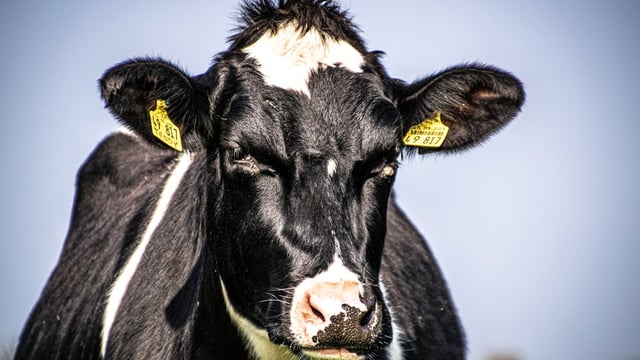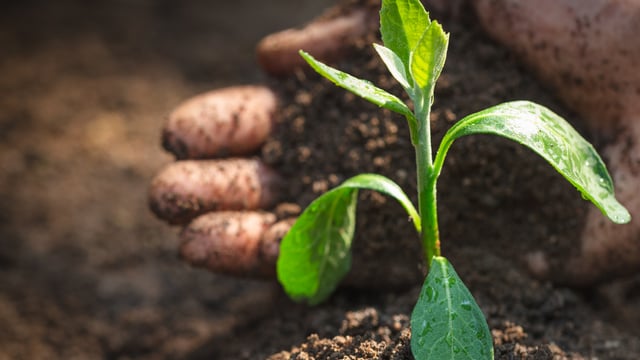Research ongoing into disease-resistant ash for potential hurley use
Research, supported by the Department of Agriculture, Food and the Marine (DAFM), has been underway for over a decade in order to try to identify ash trees with resistance to ash dieback disease.
This is with a view to breeding and using disease-resistant ash into the future, with hurley manufacture as one of the potential uses of this ash wood, according to DAFM.
Ahead of Sunday's All-Ireland GAA Hurling Senior Championship final when neighbouring counties Cork and Tipperary will clash at Croke Park, Agriland asked DAFM about the impact the disease has had on the traditional craft of making a hurl.
DAFM said: "Ash dieback disease continues to impact ash trees growing in hedgerows, on roadsides and in ash plantations across Ireland.
"Domestic supplies of ash wood for hurley production remain available.
"However, even before the introduction of ash dieback into the country, Ireland has for many years relied on imported ash wood from other countries."
These countries include the UK, the Netherlands, Croatia, Slovakia, Denmark, Sweden and Ukraine.
But, unfortunately, these countries also have ash dieback.
"While the challenges presented by ash dieback disease are significant and are in sharp focus in the week of the All-Ireland hurling final in particular, DAFM has taken a range of actions in response to the impact of the disease," a spokesperson confirmed.
In 2024, the department established the Ash Dieback Taskforce, which it said has been a "useful stakeholder forum for discussion around the implementation" of the Reconstitution Ash Dieback Scheme and the associated Climate Action Performance Payment.
"Since the launch of the first supports to ash plantation owners in 2013, the department has paid over €21 million to farmers and landowners across both Ash Dieback Reconstitution Schemes and the more recent Climate Action Performance Payment," a DAFM spokesperson said.
"This includes payment for almost 4,000ha under the Ash Dieback Reconstitution Schemes."
Minister of State Michael Healy-Rae, who has responsibility for forestry, is before the Oireachtas Joint Committee on Agriculture and Food this afternoon (Wednesday, July 16).
In his submission to the committee, the minister said he is "determined to continue growing our forestry sector and to provide attractive financial incentives to plant trees".
"While Ireland’s forests are in relatively good health, there have been challenges, including ash dieback disease, which has had significant impact on forest owners," he said.
Last month, it was revealed that scientists at the Royal Botanic Gardens, Kew and Queen Mary University of London have discovered that a new generation of ash trees, growing naturally in woodland, is showing greater resistance to the disease than the older trees.
They found that natural selection is working in the ash DNA across thousands of locations, driving the evolution of resistance. This certainly offers some hope.
Minister Healy-Rae has also acknowledged other forestry-related challenges including the damage from recent storms.
"An assessment carried out jointly by Coillte and my department indicated a total of around 25,900ha have been blown down, with just over 11,400ha of private forest impacted," Healy-Rae said.
"Our response has included the setting up of a Windblow Taskforce in order to prioritise mobilisation of the windblown material, to facilitate the import of machines into the country to help with harvesting efforts.
"More than half of windblown trees have both a felling licence and a road licence, allowing them to harvest immediately.
"My department is now urging those who have not yet applied to make an application."
The minister confirmed he is also exploring the introduction of a reconstitution scheme, and "can assure forest owners who carry out clearance or replanting now that they will not be disadvantaged in the implementation of any such scheme".
He also told the committee that the department has improved the licencing system, with the majority of applications now processed within agreed Farmers' Charter timelines.
"We have the capacity to issue sufficient afforestation licences to meet our annual target of 8,000ha," he added.





